A Slow Fuse: Journalism’s Response to Climate Change
ASPEN, Colorado — This has been an intense few days of discussions marked by revelations and brainstorms about how the media can improve its coverage of long-term, slow-to-develop environmental issues such as climate change.
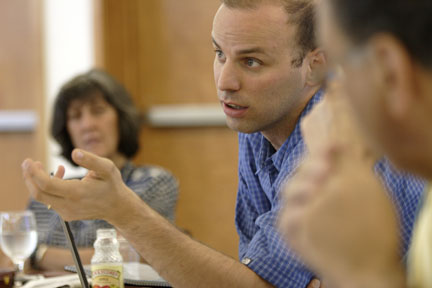
Notes are numerous; quotes were powerful. Such as this paraphrase from one Pulitzer-winning participant: Why do we have to wait for politicians to define when we cover an issue? Why can’t we create our own events?
Here’s how the Aspen Idea magazine described the session (the monograph is available from the Aspen Institute):
Think Globally, Report Locally
The nature of fast-paced, deadline-driven journalism makes it difficult to cover complicated environmental issues, many of which are likely to have serious long-term public consequences. In July the Program on Energy, the Environment, and the Economy; the Communications and Society Program; and Duke University’s Nicholas Institute for Environmental Policy Solutions worked together in Aspen on a conference that considered news coverage of global climate change. … it included top national and regional editors, news directors, and reporters, plus a handful of environmentalists, industry reps, journalism teachers, and a climate scientist. The conference closed with recommendations encouraging newsroom leaders and managers to rethink their coverage of the environment and to work to make it as informative, engaging and locally relevant as possible.
Let’s hope we’re successful.
–J. Carl Ganter
Circle of Blue director
J. Carl Ganter is co-founder and director of Circle of Blue, the internationally recognized center for original frontline reporting, research, and analysis on resource issues with a focus on the intersection between water, food, and energy.


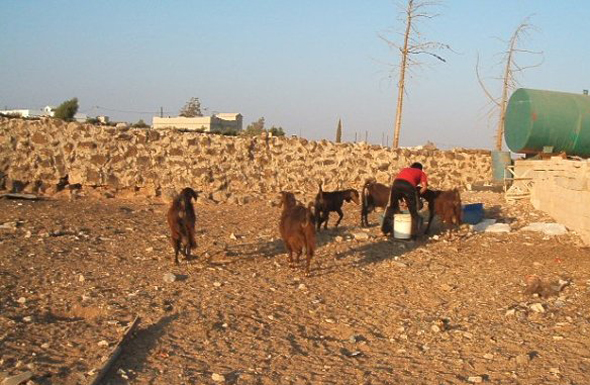
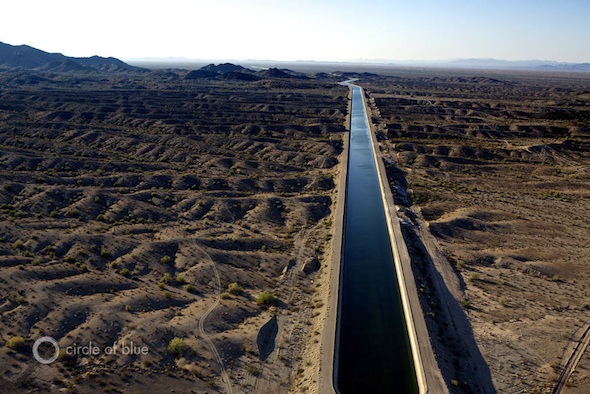
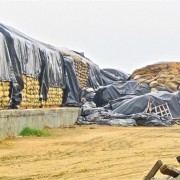

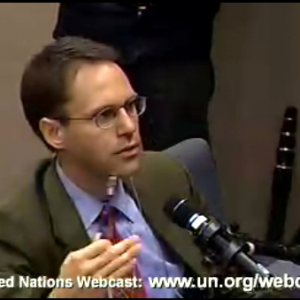

Leave a Reply
Want to join the discussion?Feel free to contribute!